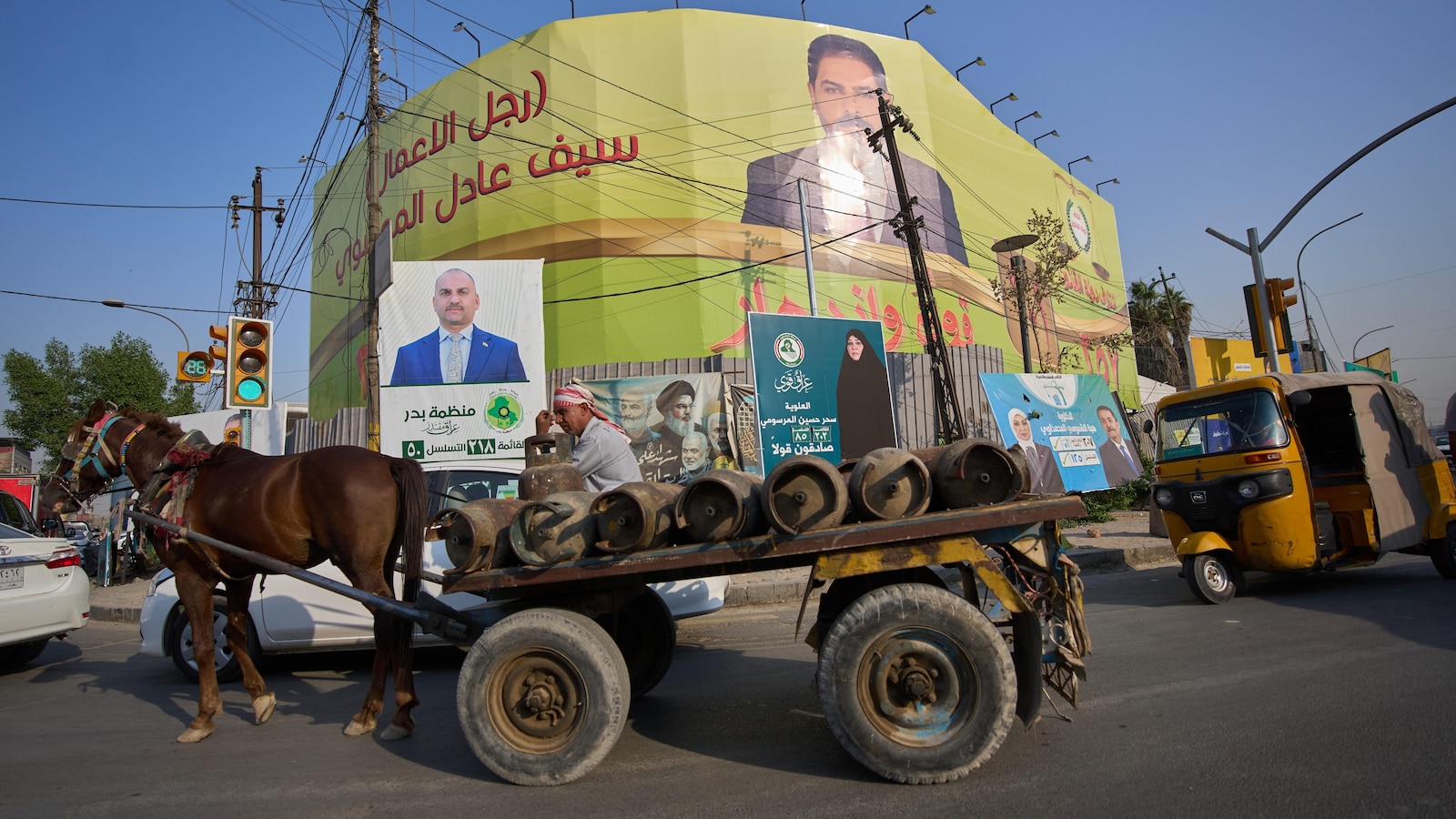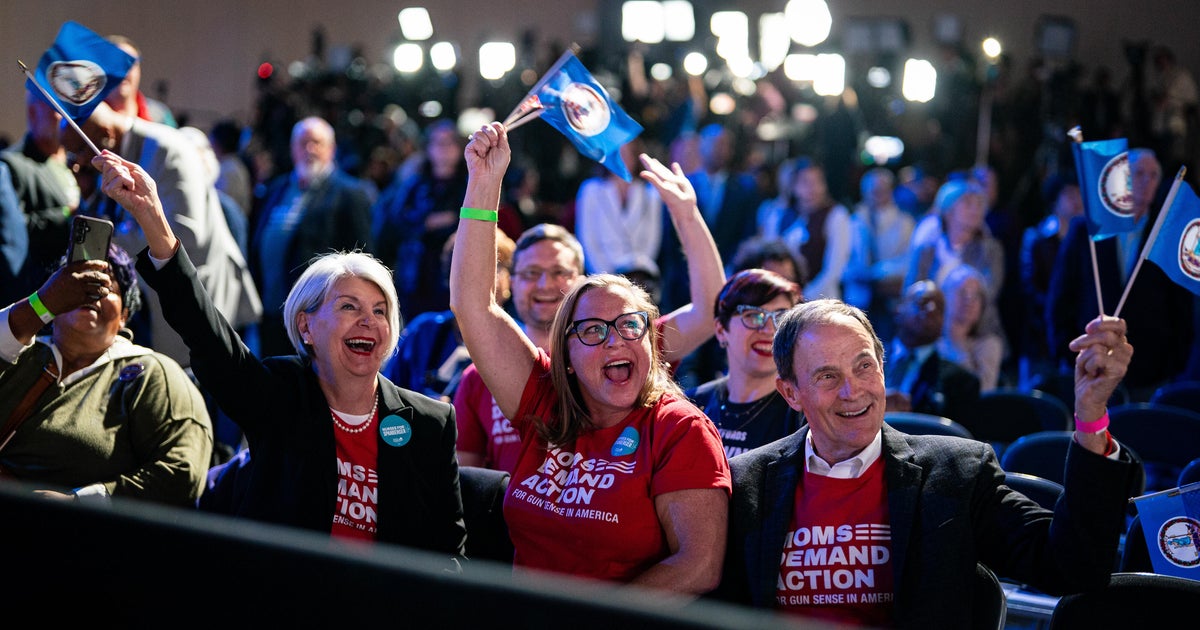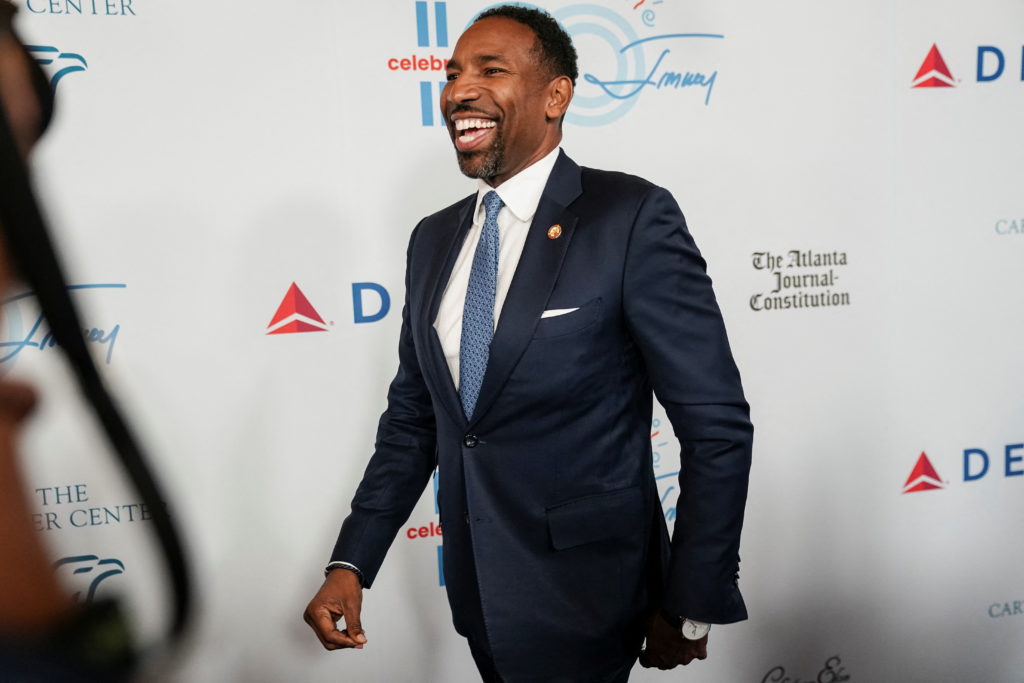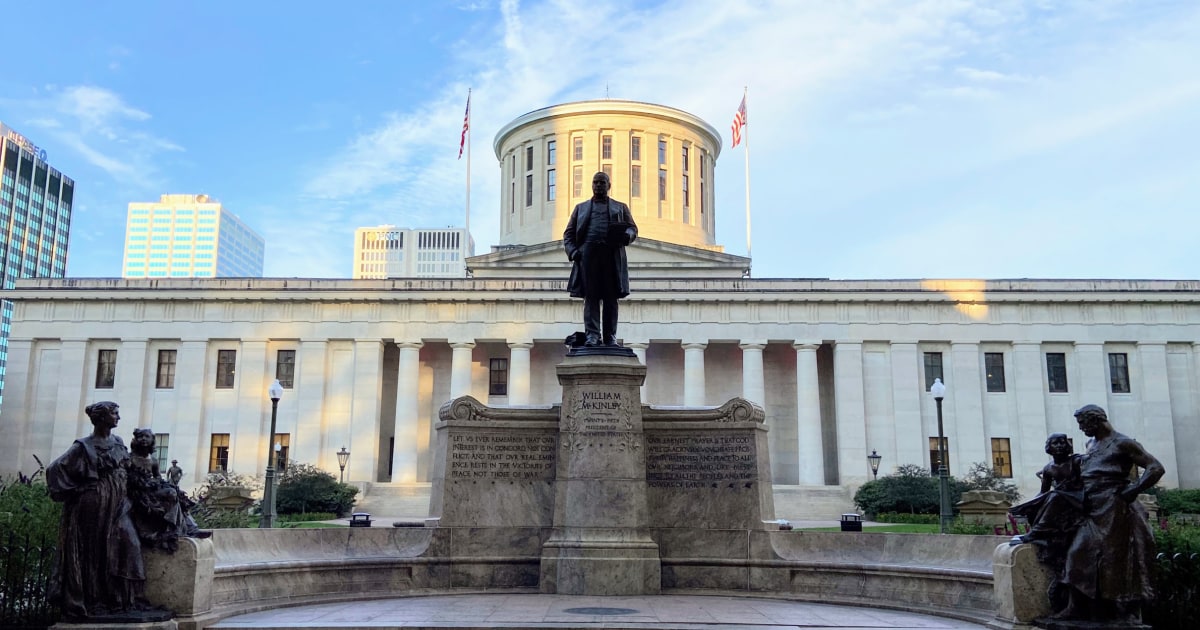Iraq's Seventh Parliamentary Election: Patronage, Apathy, and the Push for Reform

Introduction
Iraqis are preparing for a pivotal parliamentary election, marking the seventh since the fall of Saddam Hussein. This vote comes at a critical juncture, with the country balancing regional tensions and internal challenges. The outcome will shape the future of Prime Minister Mohammed Shia al-Sudani’s leadership and influence Iraq’s stance amid rising geopolitical pressures.
Key Details
While past elections were marred by violence, today’s main concerns are economic stagnation and public disillusionment. Many Iraqis cite corruption and lack of faith in the electoral process as reasons for apathy, with turnout expected to remain low. Major opposition figures, including Muqtada al-Sadr, are boycotting, further clouding the legitimacy of the vote. The muhassasa system continues to dominate, reinforcing elite power-sharing over genuine reform.
Impact
The election’s true significance lies less in who wins and more in whether Iraq can move beyond entrenched patronage toward accountable governance. Coalition negotiations will likely be complex, but the real test is whether the process can restore public trust and foster meaningful change in a fragile democracy.


















